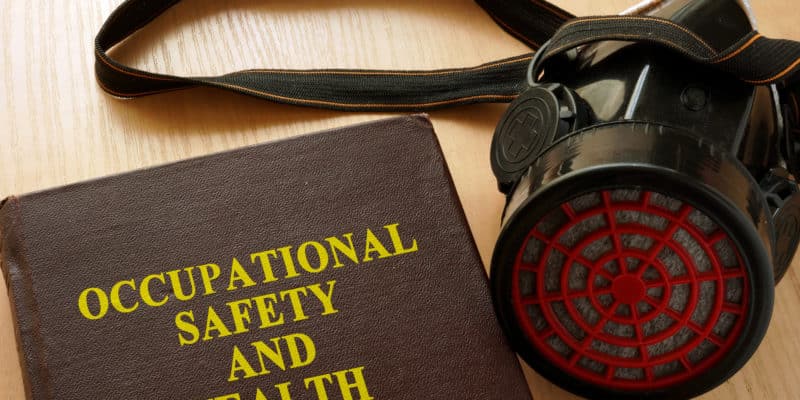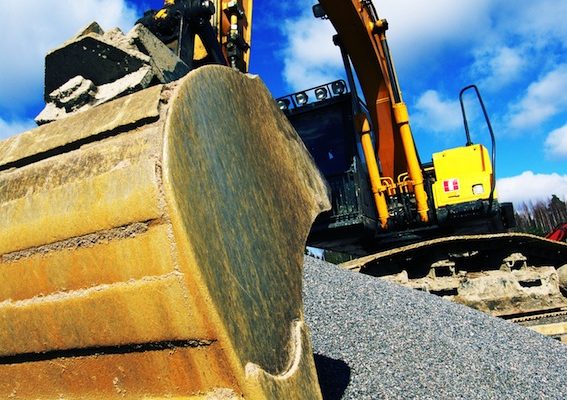The Worker Institute of the ILR School at Cornell University
August 3, 2023
The Labor and Employment Law Program, the Buffalo Co-Lab and the Worker Institute of the ILR School at Cornell University are hosting the launch of a report exploring the cost of prevailing wage to New York City workers and contractors.
On January 1, 2022 an expansion of the prevailing wage law in New York City came into force. The new law significantly increases the universe of construction projects subject to prevailing wage requirements. Given the recent change in legislation, researchers at the Buffalo Co-Lab and the Worker Institute will present on research that explored the cost savings of workers covered by prevailing wages versus workers who are not, in four areas of construction work: laborer, carpenter, lather, and cement finisher. On the face of it, there does not appear to be a difference between union and nonunion wages and benefits in a project covered by prevailing wage. But this changes when the percent of the cost of benefits for a union worker is compared to a nonunion worker. This is, in fact, a defining factor and here the analysis will help us better understand the nature of this relationship between cost of wages and benefits for union versus nonunion workers. Researchers will also present a newly created tool that the public can use to determine the cost of a union versus nonunion contractor for future projects.
A panel discussion will follow the presentation of research with distinguished members of government, labor unions and the real estate industry to explore together the role prevailing wage projects play in and how the building industry can better work to protect the health and safety of construction workers while building more cost-efficient projects in New York City. This session will explore the future of prevailing wage projects, the need for enforcement and responsible contractors as stewards in New York City.




